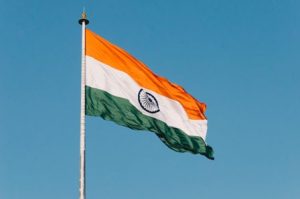
It’s intriguing, even whimsical, to imagine what India would have looked like had the British not ruled us. But the fact is that they did, and for about 200 years! Colonialism is a traumatising experience for its subjects who often suffer poverty, slavery, exploitation and cultural, social and economic turmoil. On 15th August 2020, India celebrates its 74th independence from the British Raj. Let’s revisit the stories of four British colonizers in India who changed the course of India’s history.
British colonizers in India: Inauguration of the Raj
The Battle of Plassey in 1757 was the earliest blow to India which paved the way for British rule. The man at the helm of affairs then was Robert Clive, whom Britain refers to ‘Clive of India’. For Indians, he’s one of the greatest villains in the history for India’s freedom struggle.
Robert Clive was known for his ill-temper which lent him the title of ‘Rowdy Bob’. After working as a novice shopkeeper for a couple of years, he was packed off and sent to the Indian subcontinent, where he became the first British Governor of the Bengal Presidency. His sharp divisive strategies helped him establish military and political domination of the East India Company in India after securing a victory in Bengal. He enabled the East India Company to adopt the strategy of indirect rule via puppet government over Indian princely states that lacked collective unity. It’s noteworthy that Clive was a mere agent of the East India Company and never in employment with the British government.
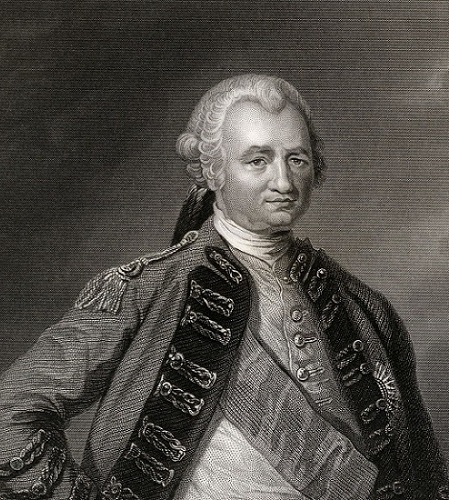
Clive made a ton of fortune during the three visits he made to India between 1744 and 1765. Many historians attribute to him atrocities like high taxes and famines in India. He received a feudal grant of 27,000 pounds annually for his lifetime for supporting the Nawab of Bengal – Mir Jafar. This would have ideally been the rent for tax farming concessions which the East India Company would pay to the Nawab. At the end of his tenure, Clive had riches of 180,000 pounds through the Dutch East India Company and an additional 40000 pounds through his own English company.
On returning to England, Clive used his loot to secure a seat for himself in Parliament; as well as an Irish barony. In 1773, Clive defended his actions in the British parliament stating infamously – “Am I not deserving of praise for the moderation which marked my proceedings?”
Language conundrum
Thomas Babington Macaulay is one of the most known (and hated) British colonizers of India. His extreme popularity is attributed to an infamous quote albeit a hoax which continuously does the rounds on the internet.
“I have traveled across the length and breadth of India and I have not seen one person who is a beggar, who is a thief. Such wealth I have seen in this country, such high moral values, people of such calibre, that I do not think we would ever conquer this country, unless we break the very backbone of this nation, which is her spiritual and cultural heritage, and, therefore, I propose that we replace her old and ancient education system, her culture, for if the Indians think that all that is foreign and English is good and greater than their own, they will lose their self-esteem, their native self-culture and they will become what we want them, a truly dominated nation.”
~ 2 Feb 1835
Macaulay came to India in 1834 not by will but to support his family who was suffering financial debacles. He despised most things about India – from music to religions. He never shied to make casual racist remarks. ‘The physical organisation of the Bengalee is feeble even to effeminacy’, he wrote infamously.
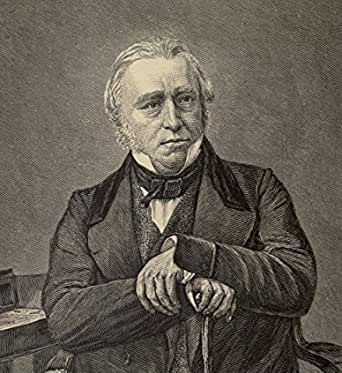
In a term spanning just 5 years, Macaulay championed many unpopular changes like the Indian Penal Code which remains the backbone of India’s legal system and the Indian Civil Service from which are descended today’s public servants. But it was Macaulay’s Minute on Education (1835) that cast his name on stone in India, writes historian Manu S. Pillai in his book The Courtesan, the Mahatma and the Italian Brahmin.
Until Macaulay arrived, the East India Company supported the traditional Indian education system. Sanskrit and Persian were the primary modes of teachings which catered to mainly Brahmins and other high castes. Macaulay introduced English as a medium of learning and added curriculums in mathematics, geography and science. In doing so, he replaced Brahmanical education with western institutions throwing open schools to all Indians. Leaders like Mahatma Phule and Raja Ram Mohan Roy welcomed this move as they advocated for western education, but it irked the upper caste Indians. The term “Macaulay’s Children” is sometimes used to refer to people born of Indian ancestry who adopt Western culture as a lifestyle, or display attitudes influenced by British colonisers.
United ‘we’ stand, divided ‘they’ fall
“As long as we rule India, we are the greatest power in the world. If we lose it, we shall drop straightaway to a third-rate power.” These words were famously uttered by Lord Curzon, India’s Viceroy between 1899 and 1905. He announced the partition of the undivided Bengal Presidency which ensued chaos and triggered widespread opposition across India.
George Nathaniel Curzon was born in 1859 into British nobility, studied at the elite Eton College School and attended Oxford. In 1891, he became the deputy minister for India in the British cabinet. At 39, he was the youngest Viceroy of India, and remained in office until his resignation in 1905.
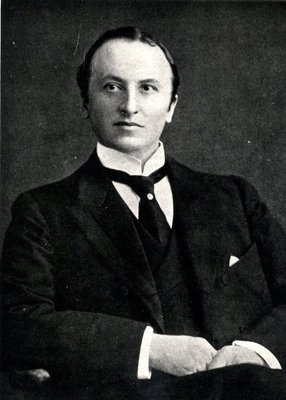
Curzon was racially prejudiced, and convinced of Britain’s “civilising mission” in India. In July 1905, Curzon declared partition of the undivided Bengal Presidency to crush the increasingly loud political voices of the province and target religious harmony. At that time, the Bengal province was one of the largest in India comprising of West Bengal, Bihar, parts of Chhattisgarh, Odisha, Assam, as well as present-day Bangladesh.
The partition received widespread criticism and resentment in India. A campaign to boycott British goods and promote swadeshi began. Rabindranath Tagore led multiple marches and composed many patriotic songs, most famously ‘Amar Sonar Bangla’, which is now the national anthem of Bangladesh. Across the country, there were protests and demonstrations to challenge British colonialists. The Partition was finally reversed in 1911 by Lord Hardinge in the face of unrelenting opposition. The series of events made Bengal Congress more active and effective than at any other time in its history.
Price of freedom
India paid the price for independence with its partition to form a new ‘Muslim’ country named Pakistan. The man who signed the dotted line to execute the order was Lord Mountbatten – the last Viceroy of India.
Louis Mountabatten was born into royalty in 1900 as the youngest child of Prince Louis of Battenberg. He was astoundingly vain, impatient, and prejudiced. On 20 February 1947, he was appointed the Viceroy of India and charged with overseeing the transition of British India to independence. Although Mountbatten was instructed to avoid partition, he had a freehand to adapt if the circumstances demanded in order to get Britain out promptly with minimal reputational damage.
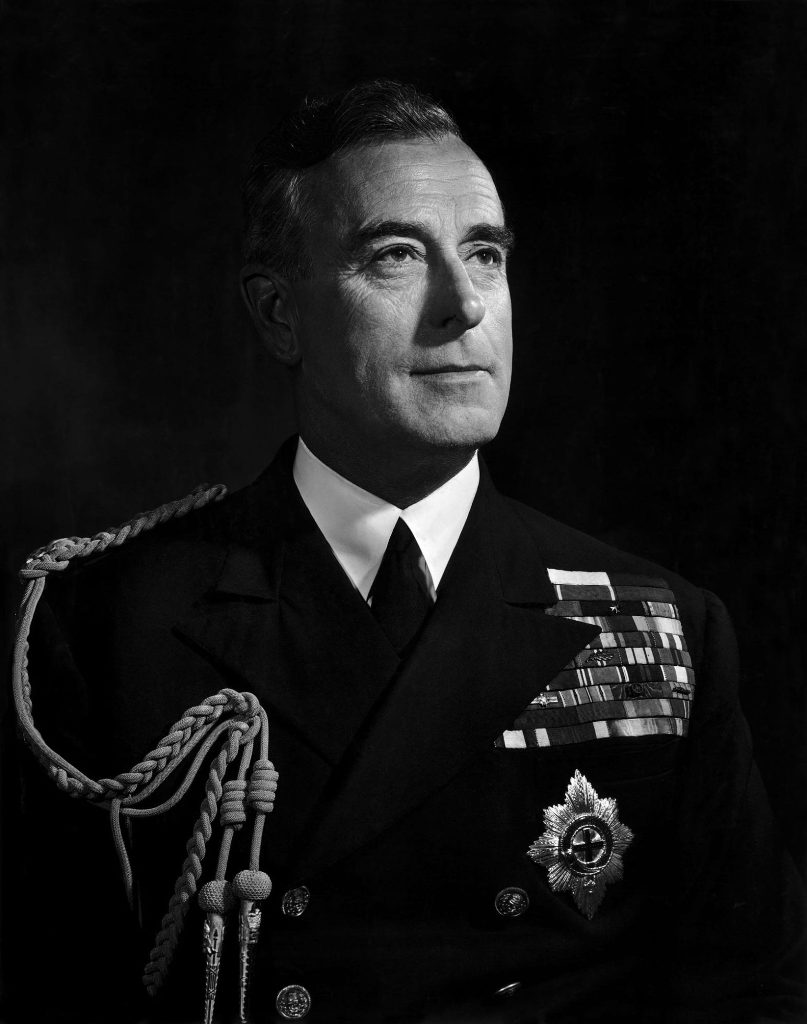
Upon arriving in India, Mountbatten concluded that the situation was fragile and waiting any longer would mean a Civil war. Although his advisers favoured a gradual transfer of independence, he decided the only way forward was a quick and orderly transfer. He brought forward the date of the partition from June 1948 to 15 August 1947, a date he chose on a whim—and in so doing he swept the Indian leaders along.
A boundary committee chaired by Sir Cyril Radcliffe split the two countries along the Punjab and Bengal borders after a mandate to leave as many Hindus and Sikhs in India and as many Muslims in Pakistan. This resulted in complete chaos leaving 14 million people on the “wrong” side of the border. “Geography was to be hacked, history misread, tradition denied, minds and hearts torn apart,” wrote Shashi Tharoor in his book Inglorious Empire – What the British did to India.
Pakistan and India attained independence on the night of 14 and 15 August 1947. Lord Mountbatten remained in New Delhi serving as the first governor general of an independent India for 10 months until June 1948, while Jinnah refused Mountbatten’s offer to serve as Governor-General of Pakistan. The secession of certain parts of India hardened into the creation of two hostile countries entangled in territory wars and terrorism standoffs decades later.
References
1. Pillai, Manu S. The Courtesan, the Mahatma and the Italian Brahmin. Chennai, Westland Publications, 2019 | Buy this book here
2. Tharoor, Shashi. Inglorious Empire: What the British Did to India. London: Penguin Books Ltd, 2018. | Buy this book here
If you liked this post, share it with others. If you liked the book recommendations here, consider buying them from this website. It wouldn’t cost you anything, but your girl will earn a small commission on the purchase. Win-win!
***
Liked this post? Also read

Hey there. I have thoroughly enjoyed your articles on the various players of India. I have often thought that the very very very thoughtful purveyors of sin and destruction, our respectable Dutch East India Company – are quite possibly a massive operation and enterprise that has since rebranded and nationalized, both in Britain, the US, as well as abroad. A sit down story of this group would, no doubt, illuminate much of the less savory aspects of the major movements of history. What an excellent and dangerous foray this would be, no doubt. I am not sure where you are presently – but if I say that it is my theory that the DEIC would go on to become Vanguard, Blackrock, State Street, etc. Mutual Fund Companies and so on – and you were at the point to connect those entities… then so be it. The more I am looking at all of this mayhem, the more it seems that this early, maybe first, conglomerate didn’t just dissipitate, and get swallowed into royalty, but subsumed the rather small aristocracy into themselves – there-by assimilating and becoming the ‘royalty’. Anyway, crazy talk, but I think there is something to it, and might give us some insight unto the direction in which we seem to be being led – basically a rinse and repeat of India, but as a human world as a controllable ‘asset’. I just wanted to share this thought as I was following another and it led me here. To pay homage to your excellent articles – and you just seem cool. Hope life and the universe have afforded you a way through with integrity and an actual sense of self, as if you are really here, spinning with it all and wondering. Take care and stay cool / thom